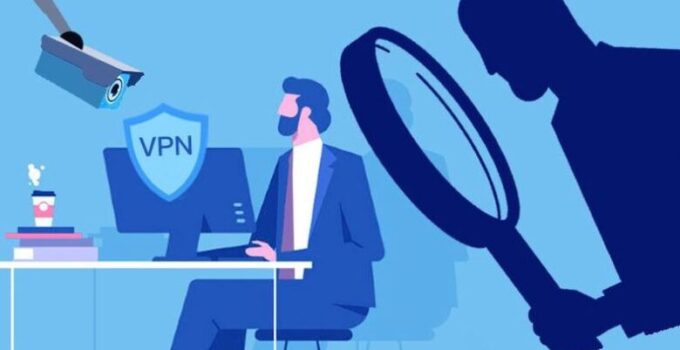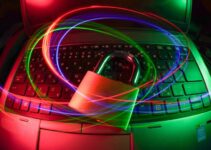Security threats are everywhere online. A virtual private network service is a necessity especially if you are a heavy web surfer. How does a VPN work to safeguard your online security? Can you be tracked if you use a VPN?
We can tell that it is determined by the quality of the service you use. Only VPNs with a no-log policy and strong encryption can protect you from being tracked on the internet. Free VPNs are not the way to go because they often collect and sell data to marketers. How about the premium ones? We are going to discuss this topic in the article below. Please keep reading.
How do VPNs Work?
VPNs route your online traffic through an alternate server rather than the one assigned by your internet service provider (ISP). The alternative server is offered by the VPN provider. And a quality service provider should have a large network of servers so that it can offer as many backup IP addresses as possible.
When you connect to a VPN server, your IP address changes. Your actual physical location will be replaced with a totally different VPN server location. As a result, your ISP can’t correspond your online actions to your original IP.
More importantly, it will create an encrypted tunnel between your device and the internet so that your ISP and many other third parties can’t see what you are doing inside the tunnel.
How can one be tracked with a VPN?
You read that right. It is still possible that you can get tracked when you use virtual private networks, even the paid ones. Here we introduce the most common ways you might be tracked online.
VPN Logs
Users can be tracked if they use VPNs that keep logs. Some VPNs record your private information including login credentials, email address, payment details, timestamps, traffic, etc. The key to solving this problem is to use a VPN that doesn’t keep logs or a VPN that collects as few logs as possible.
Before you buy a VPN, you should check its privacy policy. If the provider doesn’t offer a privacy policy page, stay away from it. PandaVPN (https://pandavpnpro.com/) is a good choice and we encourage you to have a try. It stores 0 logs and you don’t have to provide login credentials and email address. Instead, you will get random digital numbers as your Panda account.
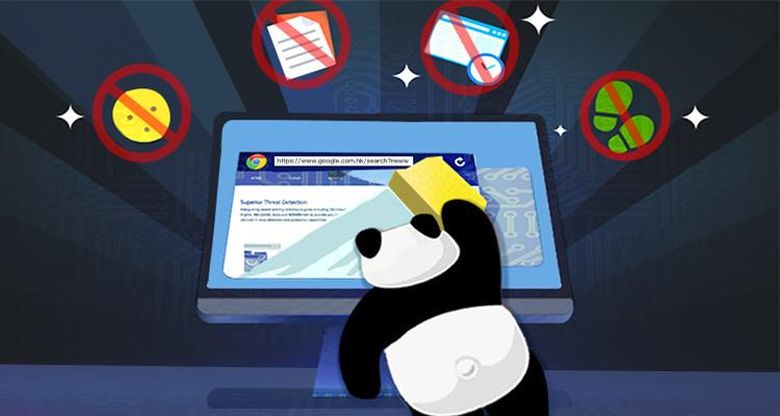
Third Party Cookies
These are used for improving the web experience. With third-party cookies, advertisers know your preferences so that they can tailor ads for you. This is a breach of user privacy. Unluckily, VPNs can’t protect you from cookie tracking.
Browser Fingerprinting
Through it, the websites can know what browser you use, what operating system your device is, what cookies you accept, etc. VPNs can’t stop websites from tracking you with browser fingerprinting.
Social Media Sharing
Oversharing on the internet also exposes your personal information, such as email address, phone number, locations, etc. VPNs can’t hide the privacy that you share out yourself.
Malware Attack
It is intrusive software that is created by hackers to maliciously destroy your device so that they can steal your privacy and data. VPNs can’t protect you from malware attacks.
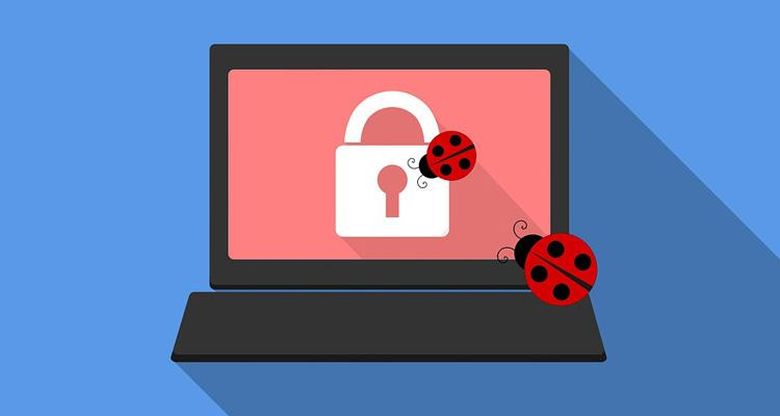
What to Do to Limit Online Tracking?
As mentioned above, VPNs can’t help you stop the tracking from malware, browser fingerprinting, and third-party cookies. But there are some steps you can take to reduce online tracking.
Using a VPN that collects logs makes you traceable. Thus, be sure to choose a virtual private network with zero logging. You can head to the service provider’s official website to check out its privacy policy or google the brand name to see what users are saying about it.
Oversharing your privacy on social media apps may also attract cyber tracking. Therefore, you should avoid posting sensitive information like real names, phone numbers, whereabouts, etc.
FAQs
1. Can Google track VPN users?
Although Google offers good convenience, it’s powerful to track you. The tracking starts when you log into your Google account. Even though you connect to a virtual private network, Google can connect your actions to your account. To limit Google tracking, you can log out of your account, use the incognito mode, or try other privacy-friendly browsers like DuckDuckGo.
2. Can ISP track VPNs?
Without knowing your real-time IP address, your ISP can’t see your online activities although it knows you are connecting to a virtual private network. That is to say, your ISP can’t track your digital footprints when you use a VPN.
3. Can VPNs be tracked by police?
The police can’t track your online traces in time. Instead, they need to ask ISPs or the VPN service providers for your online actions. Furthermore, the police don’t care what you do online as long as you obey the law.
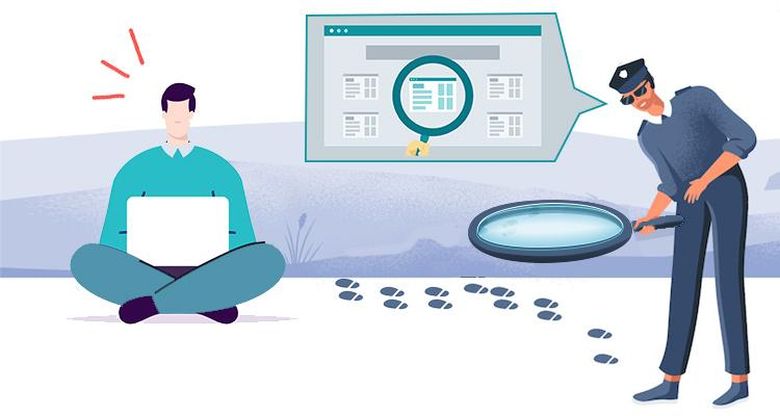
4. Can VPNs be tracked by the government?
Whether you can be tracked by the government depends on the quality of the VPN you use. If you use a VPN that stores logs, you can definitely be tracked. Poor encryption is another security risk that may get you noticed by the authorities. Therefore, pick a quality virtual private network. Quality no-log VPNs are difficult to track because they have nothing to hand over.
5. Can you be tracked if a VPN disconnects?
If your VPN disconnects suddenly, you can get tracked. You must know that even with the best VPNs, there is a risk of sudden disconnection, especially in some heavily-censored countries like China, Russia and Iran. If the VPN connection is off, your real IP address would expose. That way, your ISP can detect your connection to any websites and know what you are doing on these sites.
The best way to avoid getting into this situation is to use a virtual private network with a kill switch. A kill switch function can cut off your network when your service accidentally disconnects. Only when your VPN reconnects, your network will recover.
Final Words
A virtual private network offers better privacy, but it’s still possible to get tracked. When a VPN suddenly disconnects, third parties can see your original IP address and track your online activities.
Therefore, remember to select an app with good quality. A kill switch is a must-have, protecting your IP address from sudden disconnection. A strict log-free policy makes it impossible to expose your privacy. Strong encryption is also important, which makes your connections private and secure.

